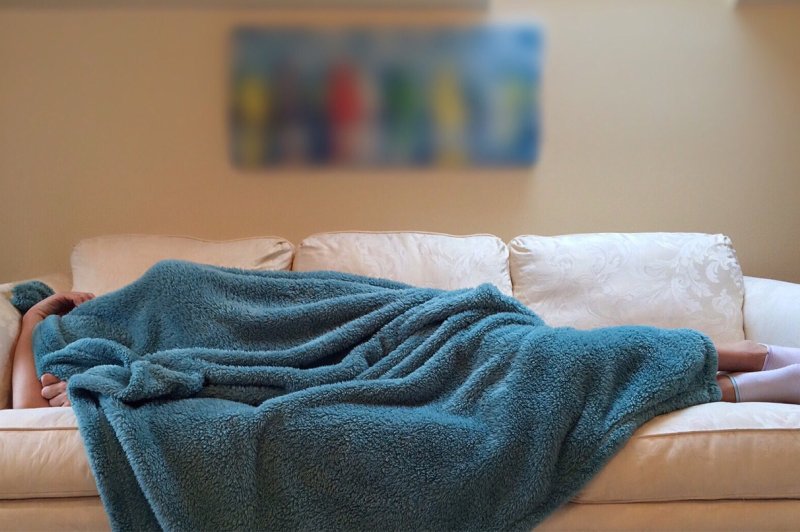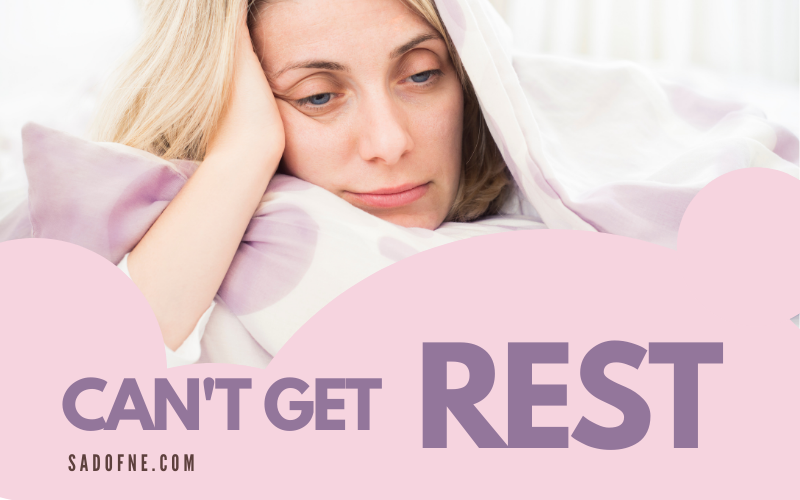Sleeping five hours or less increases risk of chronic illnesses, study warns
Original Article | By Judy Packer-Tursman

Getting a good night’s sleep of more than five hours can help older people avoid developing multiple chronic illnesses, a new study suggests. Photo by Wokandapix/Pixabay
Oct. 18 (UPI) — Older people who get five hours of sleep a night or less may face a far greater risk of developing two or more chronic illnesses, such as heart disease, cancer or diabetes, compared to people who sleep longer, a new study suggests.
The research, published Tuesday in the journal PLOS Medicine, tracked the impact of sleep duration on the health of more than 7,000 men and women at the ages of 50, 60 and 70.
This was done via a 25-year follow up of participants in the Whitehall II cohort study involving members of the British civil service.
The British and French researchers, led by University College London, found that sleeping for five hours or less at the ages of 50, 60, and 70 was linked to a 30% to 40% increased risk of developing multiple chronic diseases versus people who slept for up to seven hours.
The investigators also examined the relationship between each participant’s length of nightly sleep and mortality. They found that nightly sleep that lasted five hours or less at age 50 was associated with a 25% increased risk of death over the 25 years of follow-up.
This is primarily because short sleep duration increases the risk of chronic illness that in turn increases the risk of death, the release said.
The scientists also analyzed whether sleeping for nine hours or more affected health outcomes, but they found no clear link between this sleep duration and developing chronic diseases for healthy people at age 50.
RELATED Getting enough sleep key to a healthy immune system
However, for those individuals already diagnosed with a chronic condition, such long sleep was associated with roughly a 35% increased risk of developing another illness, possibly due to underlying health conditions affecting sleep, they said.
“As people get older, their sleep habits and sleep structure change. However, it is recommended to sleep for seven to eight hours a night — as sleep durations above or below this have previously been associated with individual chronic diseases,” Séverine Sabia, the study’s lead author said in the release.
A researcher/epidemiologist at University College London’s Institute of Epidemiology & Health and at Inserm, Université Paris Cité, Sabia advised having good sleep hygiene, such as ensuring the bedroom is quiet, dark and a comfortable temperature before going to bed.
RELATED Going to bed too early or sleeping too much can increase dementia risk, study says
She also suggested avoiding large meals before bedtime.
The study used self-reported data on sleep, which the researchers noted is likely to be subject to reporting bias.
Sponsors of the research included the National Institute on Aging, a part of the National Institutes of Health, the U.K. Medical Research Council and the British Heart Foundation.

